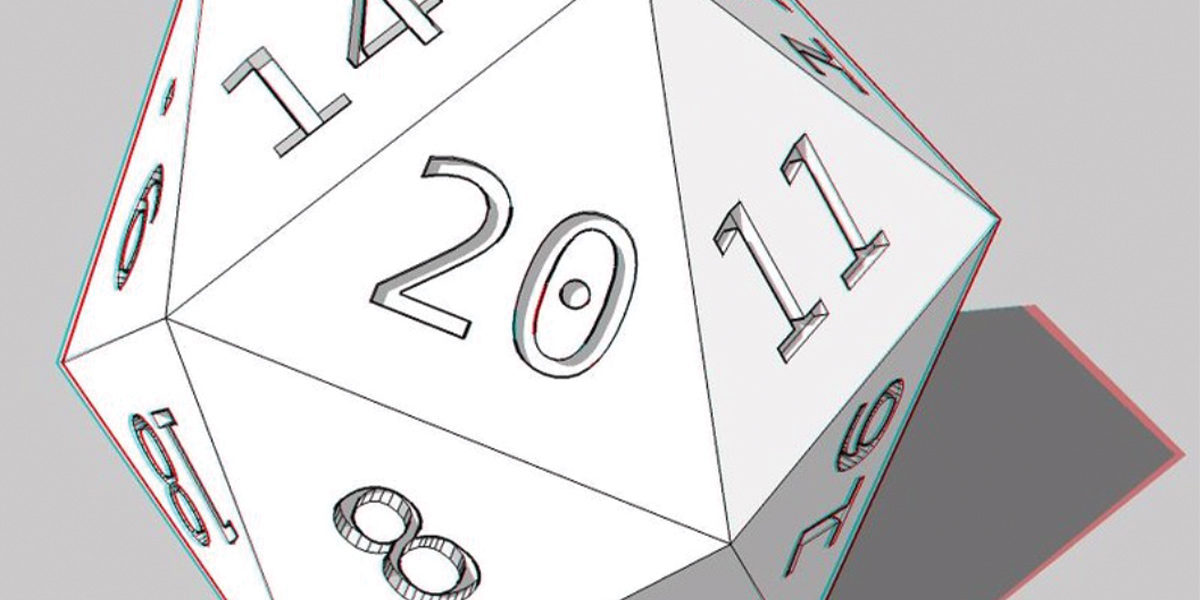
Tabletop RPGs and Learning to Live with Failure
"Practicing ‘failure’ through my tabletop RPG adventures has helped me in my real-life adventures as well."
If I can be completely honest, I used to be and I still am not the best at boss fights. In platformers, I squirm at difficult timing or a misplaced jump that resets the entire fight, and in RPGs, I repeatedly forget to stock up on healing items before a difficult battle. Fortunately for me, I can avoid these pitfalls and start again rather easily by resetting my game. I can tell when a jump will land me a game over and reset to avoid the depressing trumpet and sad animations, and thanks to multiple save files I can easily go back to a shop and return to the battle thoroughly prepared. This was all through existing aspects of the game's console, so it never felt like cheating. When I was introduced to tabletop RPGs, I was looking forward to taking on an indestructible persona that I was used to in many games that I had played at the time. My first roll was a 1.

Flicker - D20, Anaglyph
The D20 has become a ubiquitous symbol of many tabletop games (namely D&D), deciding the fates of many players when making character checks to see if they can succeed to the extent that the player imagines. Unlike in many video games that I have played, the dice role is irreversible under most circumstances. In hindsight, of course, it is. The GM's goal is to create a believable world for their players to interact with, and if one's character was able to avoid challenge or failure at every turn, then there would be little to no stakes. In time, I found just how much more gratifying this format is compared to my old habits.
With the 'failure' of one plan comes the opportunity for another plan to flourish. My character may have failed to talk up an opponent and convince them to drop their weapons, but the rest of the party can take advantage of the situation and make the opponent get one of them stuck in a wall and prepare a counterattack. When you're in an environment where you can fail, you're given a chance to see that there are more solutions to be found. And in some cases, the recovery can lead to a more promising conclusion.
Practicing 'failure' through my tabletop RPG adventures has helped me in my real-life adventures as well. Seeing a mishap as an opportunity to see a different path makes life events much less daunting; there is not necessarily a 'point of no return' to run from, and even a terrible situation can be turned into something neutral, or maybe even positive.
I used to recoil more often at the thought of rainy days in the summer; much of the joy I get from the season is from being outdoors, and a few droplets felt like time wasted. Strangely enough, the pitter-patter of the droplets is not only perfect for reading, but for setting the tone during a tabletop RPG as well. What a perfect unexpected mishap, a catalyst to learn more through the fictional dungeons, villains, and perhaps even airship crashes created by a GM's hand.

Eleanor Mather is a 17-year-old rising senior currently attending Horace Mann High School in the Bronx. She has enjoyed playing games since playing Pokémon Platinum with her brother and friends and has grown to love discussing and developing them in the past years. She is very excited to contribute her thoughts to the conversation on games as a medium and hopes to encourage others to join in.


